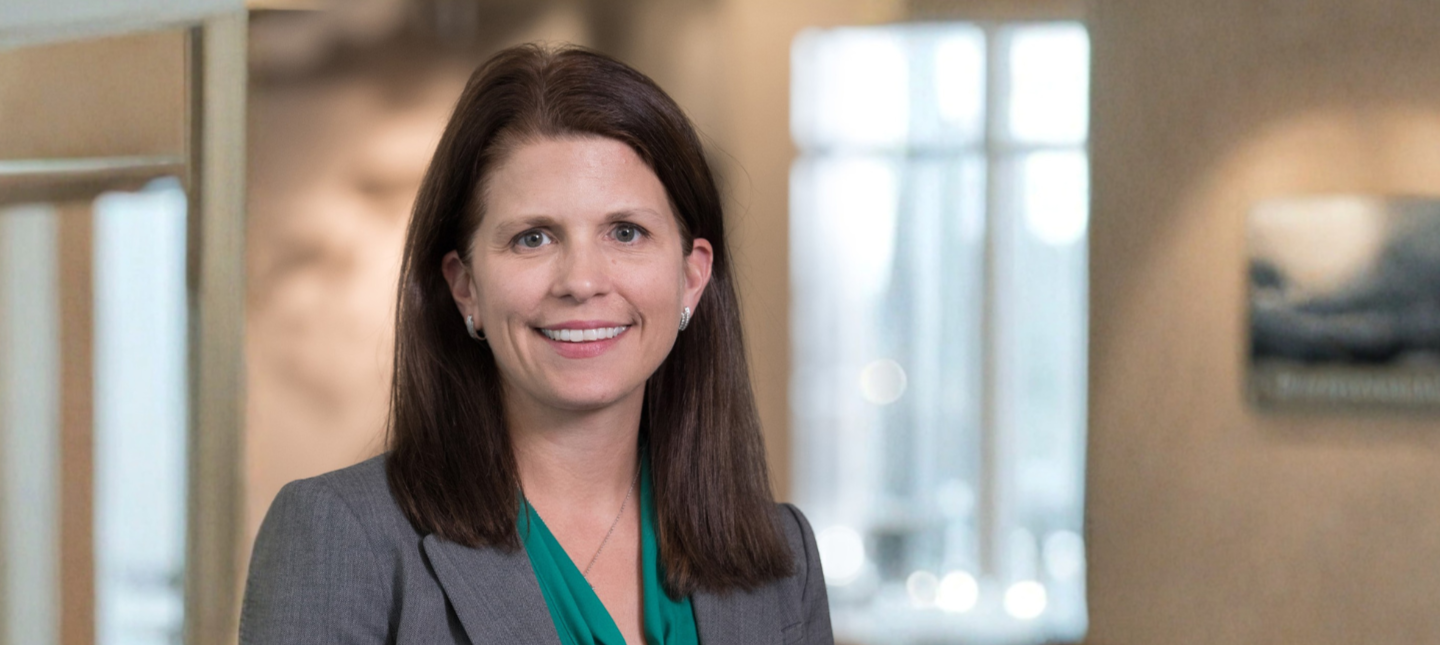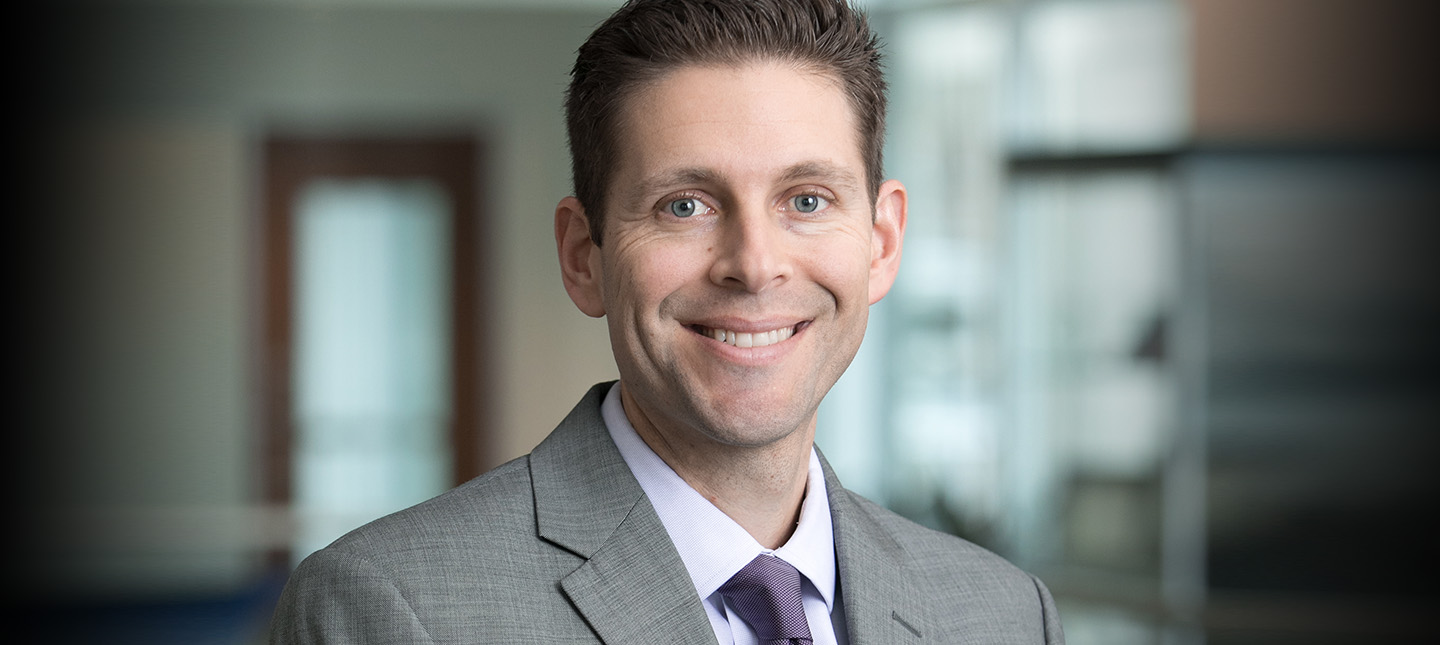INDIANAPOLIS – Family members of intensive care unit (ICU) patients often experience psychological and spiritual distress as they deal with serious illness and potential death. A new paper authored by a national team of experts at the intersection of health and spirituality highlights the critical role of the spiritual care provided by chaplains in supporting family members of ICU patients.
Chaplains have extensive training, learning to address diverse spiritual as well as religious concerns that have been shown to affect medical decision making. This enables them to support the decision-making process in collaboration with the healthcare team, which rarely addresses spiritual needs and infrequently can provide the amount of emotional support needed by many ICU family members.
Having a family member hospitalized in the ICU can be stressful and traumatic for family members of the more than 5 million patients admitted to an ICU annually. Some family members may experience post-intensive care syndrome-family, which includes anxiety and depression as well as post-traumatic stress. Family members’ emotional and spiritual distress can affect medical decisions they make for the patient.
“We define spirituality really broadly to include questions about meaning in life and purpose and experiences with what we call the transcendent, which might be religious for some, but for other people who may not be religious, it encompasses the way they relate to nature, or their sense of the world,” said lead author Alexia Torke, M.D., M.S., of Regenstrief Institute and the Indiana University School of Medicine. “For example, family members may have questions like, why is this happening to me? Or why did this happen to my family member? Or who will I be if this person who is so important to me were to die? There are so many dimensions of religion and spirituality that are important to ICU family members.”
The paper’s authors reviewed existing studies exploring the role of spiritual care in promoting more equitable practices and improving long-term outcomes for family members of ICU patients and report significant knowledge gaps including lack of observations on variations in values of different religious, ethnic and cultural groups.
They also constructed a chaplain-based conceptual model to guide future research on spiritual care. The authors advocate including study of the roles that race, culture or religion play in spiritual well-being, noting that advancing research will support adoption of more compassionate, holistic care for those with family members in the ICU, an unstudied population.
“Our model describes three important ways that chaplain care supports ICU family members and helps them when faced with difficult decisions,” said study co-author and chaplain-researcher George Fitchett, DMin, PhD, professor of religion, health and human values at Rush University Medical Center. “Chaplains provide family members with spiritual and emotional support. They also facilitate conversation with the medical team and help family members process the information from those conversations. Significantly, our study highlights the care provided by chaplains to ICU patient families and its impact on important outcomes.”
“Family members of ICU patients have different needs depending on their systems of beliefs, on their cultural backgrounds, on whether they have felt well treated by the healthcare system in the past,” said Dr. Torke. “Chaplains are uniquely suited to address these needs. They listen carefully to each individual and do a wonderful job of making people feel heard. They’re particularly good at taking care of people who’ve been underserved by the healthcare system or might feel excluded by the healthcare system in the past.
“By providing emotional and spiritual support, chaplains can help with medical decisions. That in turn both affects the care the patient receives and what will happen to them in the future. And it also affects the spiritual and psychological well-being of the family long term,” she added.
“Improving Outcomes for ICU Family Members: The Role of Spiritual Care” is published in the Journal of Palliative Medicine. The study was funded by the National Institutes of Health’s National Institute on Aging, P.I.:Alexia Torke, M.D. [grant K24HL148314].
Authors of the study and their affiliations, as they are listed in the publication, are:
Alexia M Torke1,2, Shelley Varner-Perez1, 2,3, Emily S Burke1, Amber R Comer3,4, Susan Conrad5, LaVera Crawley6, Deborah Ejem7, Jennifer Gabbard8, Patricia E Kelly9, Buddy Marterre10, Ariel Modrykamien11,12, Patrick O Monahan13, Sarah Nouri5,14, Csaba Szilagyi15, Douglas White16, George Fitchett15.
1Indiana University Center for Aging Research, Regenstrief Institute, Indianapolis, Indiana, USA.
2Daniel F. Evans Center for Spiritual and Religious Values in Healthcare, Indiana University Health, Indianapolis, Indiana, USA.
3Department of Health and Rehabilitation Sciences, School of Health and Human Sciences, Indiana University-Indianapolis, Indianapolis, Indiana, USA.
4American Medical Association, Chicago, Illinois, USA.
5Spiritual Care and Chaplaincy Education, University of California-San Francisco Health, San Francisco, California, USA.
6Spiritual Care and Chaplaincy Education, CommonSpirit Health, San Francisco, California, USA.
7Acute, Chronic and Continuing Care, School of Nursing, University of Alabama-Birmingham, Birmingham, Alabama, USA.
8Department of Internal Medicine, Wake Forest University School of Medicine, Winston Salem, North Carolina, USA.
9Office of Mission and Ministry, Baylor Scott and White Health, Dallas, Texas, USA.
10Departments of Internal Medicine (Section on Palliative Care) and Surgery, Wake Forest University School of Medicine, Winston Salem, North Carolina, USA.
11Department of Medicine, Texas A&M School of Medicine, Dallas, Texas, USA.
12Department of Critical Care Medicine, Baylor Scott and White Health, Dallas, Texas, USA.
13Department of Biostatistics and Health Data Science, Indiana University, Indianapolis, Indiana, USA.
14Division of Palliative Medicine, Department of Medicine, University of California San Francisco, San Francisco, California, USA.
15Department of Religion, Health and Human Values, Rush University Medical Center, Chicago, Illinois, USA.
16Department of Critical Care Medicine, University of Pittsburgh School of Medicine, Pittsburgh, Pennsylvania, USA.
Alexia Torke, M.D., M.S.
In addition to her appointment as a research scientist with the Indiana University Center for Aging Research at Regenstrief Institute, Alexia Torke, M.D., M.S., is the inaugural chief of the Section of Palliative Medicine within the Division of General Internal Medicine and Geriatrics and a professor of medicine at the Indiana University School of Medicine. She also directs the Daniel F. Evans Center for Spiritual and Religious Values in Healthcare at Indiana University Health.








